Enabling Sailing for Disabled Children
Published on May 17th, 2017
A University of Plymouth student is using his final year degree project to try to bring the joy of sailing to disabled children around the world. Forrest Worthington, 21, an undergraduate in Marine Technology and Composites, is designing a low-tech adaptation to be used with Optimist dinghies by children with lower limb disabilities.
The Optimist is one of the world’s best-loved dinghies, with more than 350,000 boats used in some 110 countries. It is an ideal boat for children to learn sailing but until now has been off-limits to those with lower-limb disabilities.
For the past year, Forrest has been carrying out feasibility studies and design work, looking at safety, comfort and sail handling. His goal is for an economic and simple solution, especially suited to overseas countries such as in South America where he learned to sail as a child.
Forrest grew up in Colombia and Uruguay, where sailboats and equipment can be expensive and hard to obtain, and where disabled sailing remains unheard of. It was two years ago, while working as a sailing instructor in Uruguay, when he became involved in a project by students of the Technological University of Uruguay, looking at ways to enable disabled children and youth to enjoy sailing.
“This is about creating opportunities for all children to enjoy sailing, to push boundaries and build confidence in Optimist dinghies which are simply the best for young sailors,” says Forrest. “Optimist boats are popular, available and relatively inexpensive, all over the world. Simple fit-on adaptations and design features, such as go-kart style seats for back support with freedom of movement, could make Optimist sailing a global possibility for kids with limited lower-limb manoeuvrability – especially in countries where access to specially-adapted boats and disability equipment is limited.”
Forrest, who currently lives in Truro, Cornwall (UK), has been using the facilities at the University to test stability, buoyancy, and the pressures and forces that impact on an Optimist when it’s being sailed. The main design challenges revolve around the stability needed to compensate for the limited mobility of the child and the need to greatly reduce the possibility of the boat capsizing.
With the backing of one of the world’s top Optimist manufacturers, WINNER, and London 2012 Paralympic sailor Massimo Dighe, Forrest is hoping to work with contacts in South America to construct the add-on equipment once the design and testing is complete.


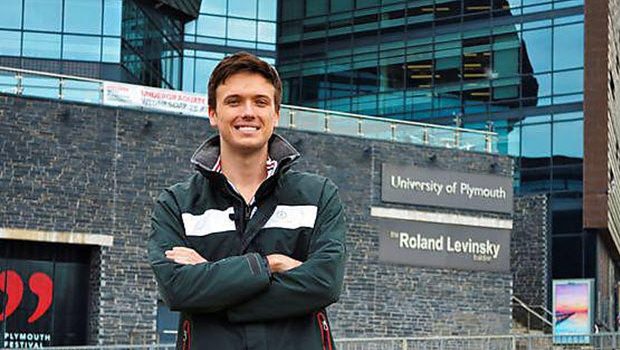
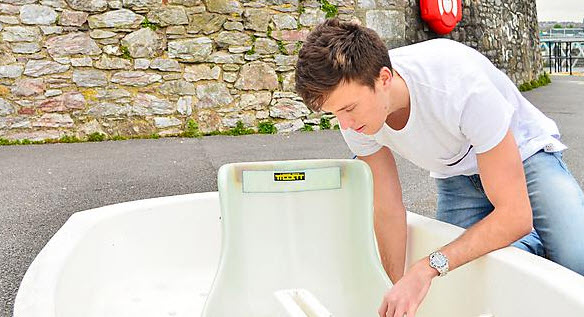

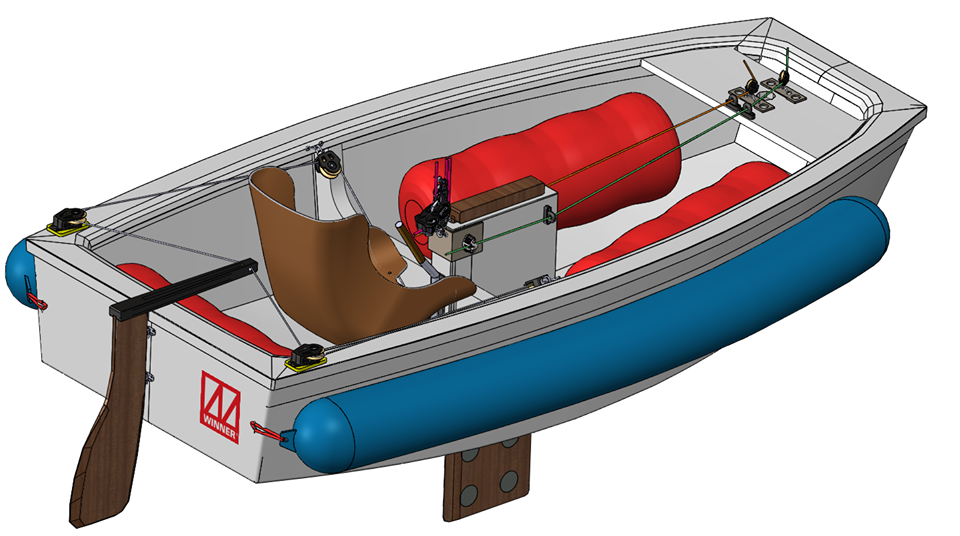

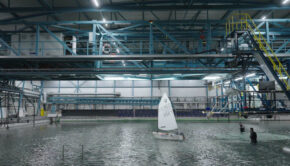
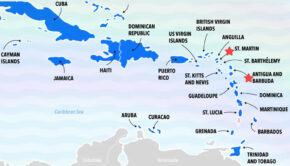
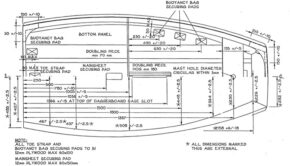
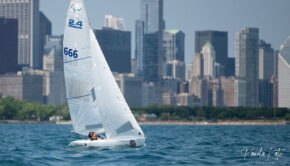
 We’ll keep your information safe.
We’ll keep your information safe.